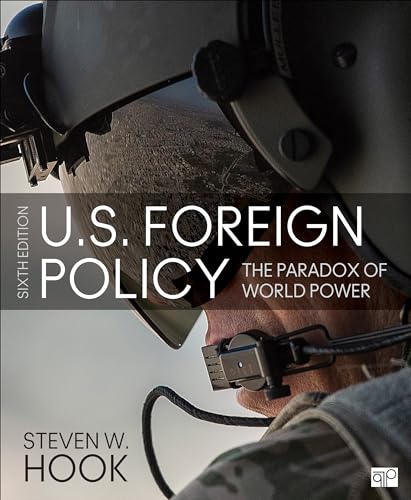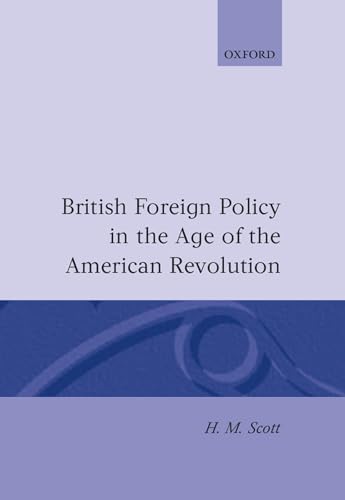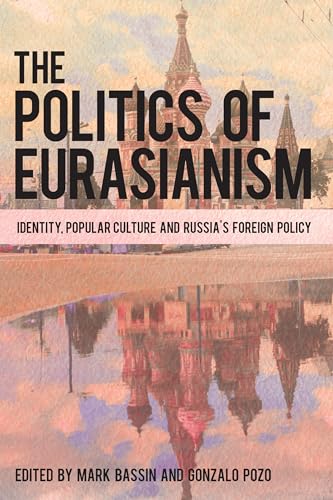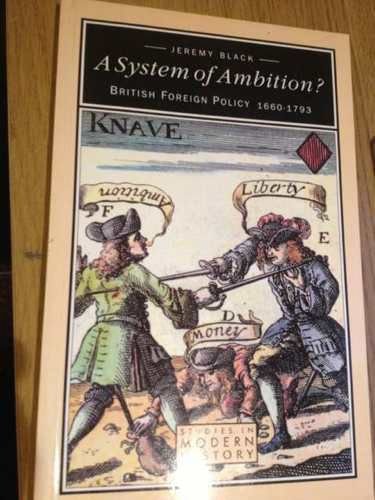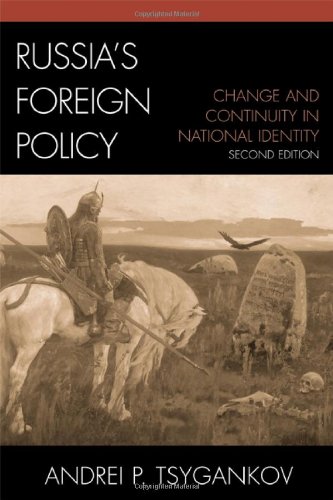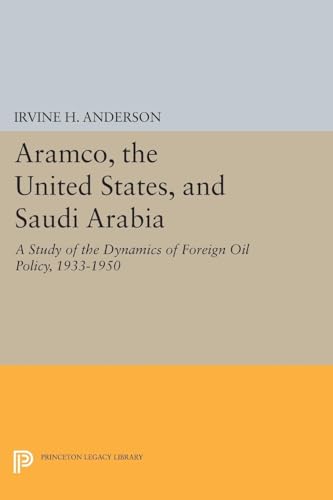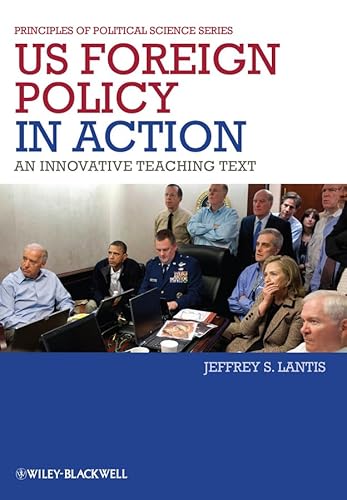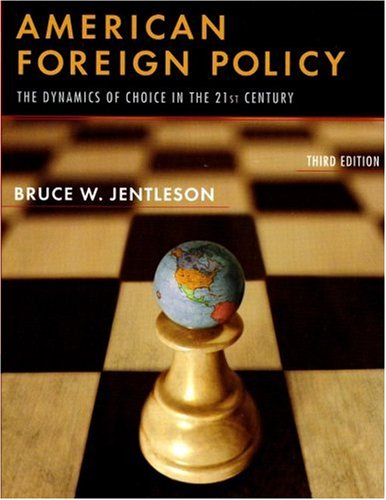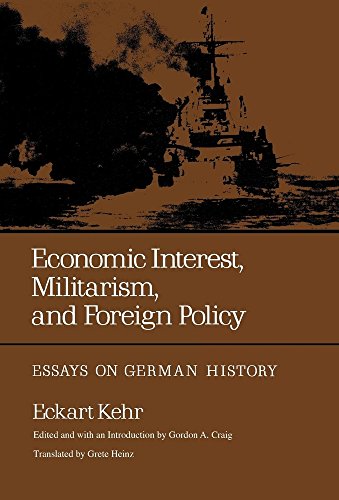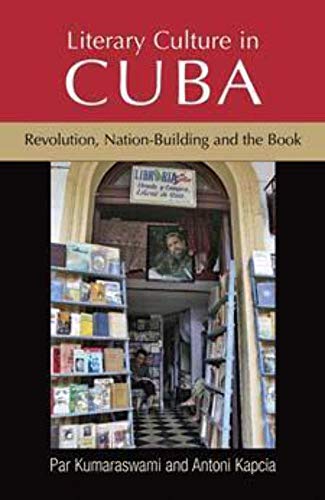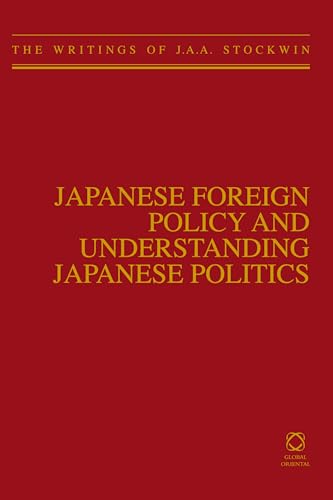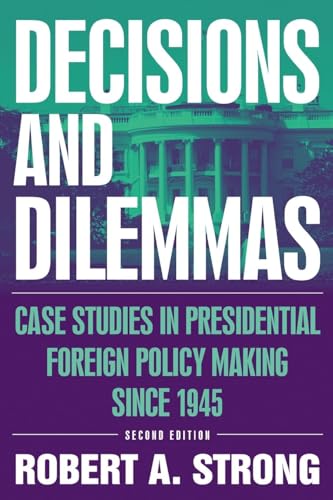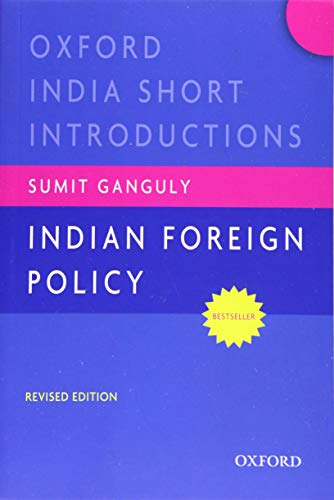To make a World Safe for Revolution - Cuba's Foreign Policy
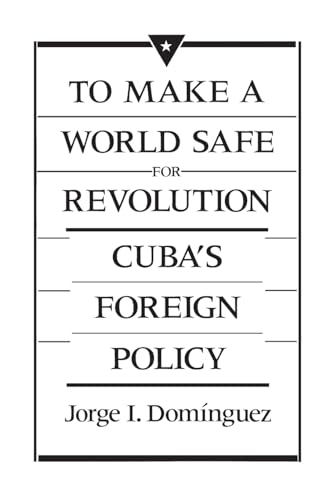

sku: COM9780674893252NEW
ACCORDING TO OUR RECORDS THIS PRODUCT IS NOT AVAILABLE NOW
$79.91
Shipping from: Canada
Description
The twentieth-century history of Cuba borders on fantasy. This diminutive country boldly and repeatedly exercises the foreign policy of a major power. Although closely tied to the United States through most of its modern history, Cuba successfully defied the U.S. government after 1959, consolidated its own power, and defeated an invasion of U.S.-backed exiles at the Bay of Pigs in 1961. Fidel Castro then brought the world alarmingly close to nuclear war in 1962.Jorge Domínguez presents a comprehensive survey of Cuban international relations since Castro came to power. Domínguez unravels Cuba’s response to the 1962 missile crisis and the U.S.–Soviet understandings that emerged from that. He explores the ties that link Cuba to the U.S.S.R. and other Communist countries; analyzes Cuban support for revolutionary movements throughout the world, especially in Latin America and Africa; and assesses the significance of Cuban political and economic relations with Western Europe, Canada, and Japan.Some have charged that Cuba does not have a foreign policy, that Fidel Castro merely takes orders from his Soviet bosses. Domínguez argues that there is indeed a specifically Cuban foreign policy, poised not only between hegemony and autonomy, between compliance and self-assertion, but also between militancy and pragmatism. He believes that within the context of Soviet hegemony Cuba’s foreign policy is very much its own, and he marshals impressive evidence to support this belief. His book is based on extensive documentation from Cuba, the United States, and other countries, as well as from many in-depth interviews carried out during trips to Cuba.
Price history chart & currency exchange rate
